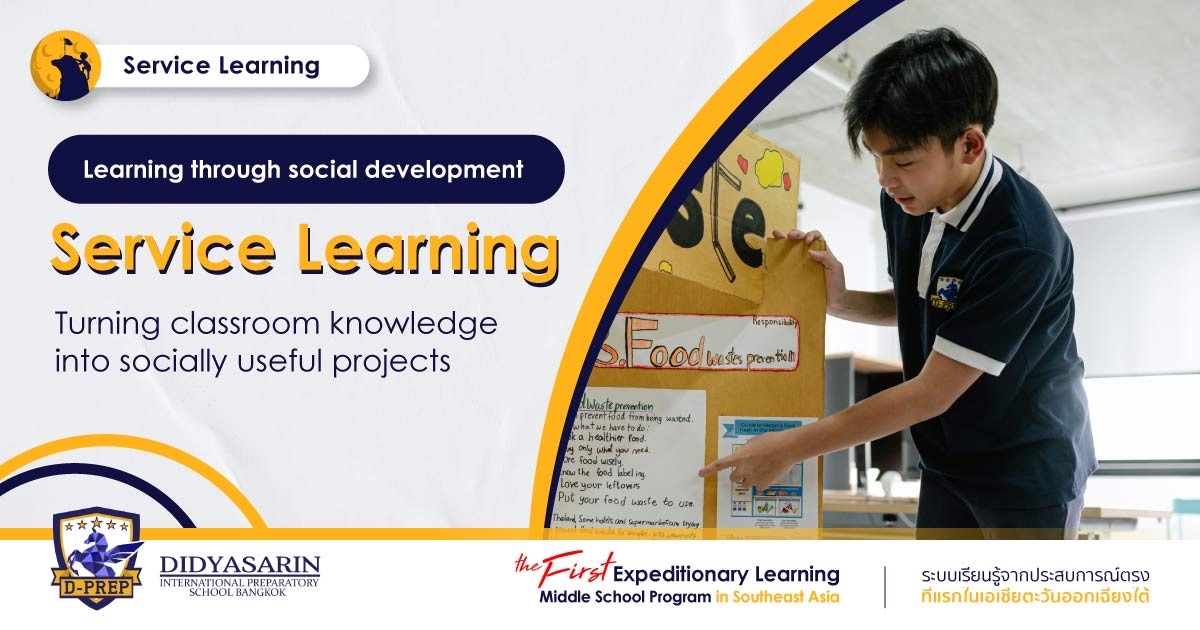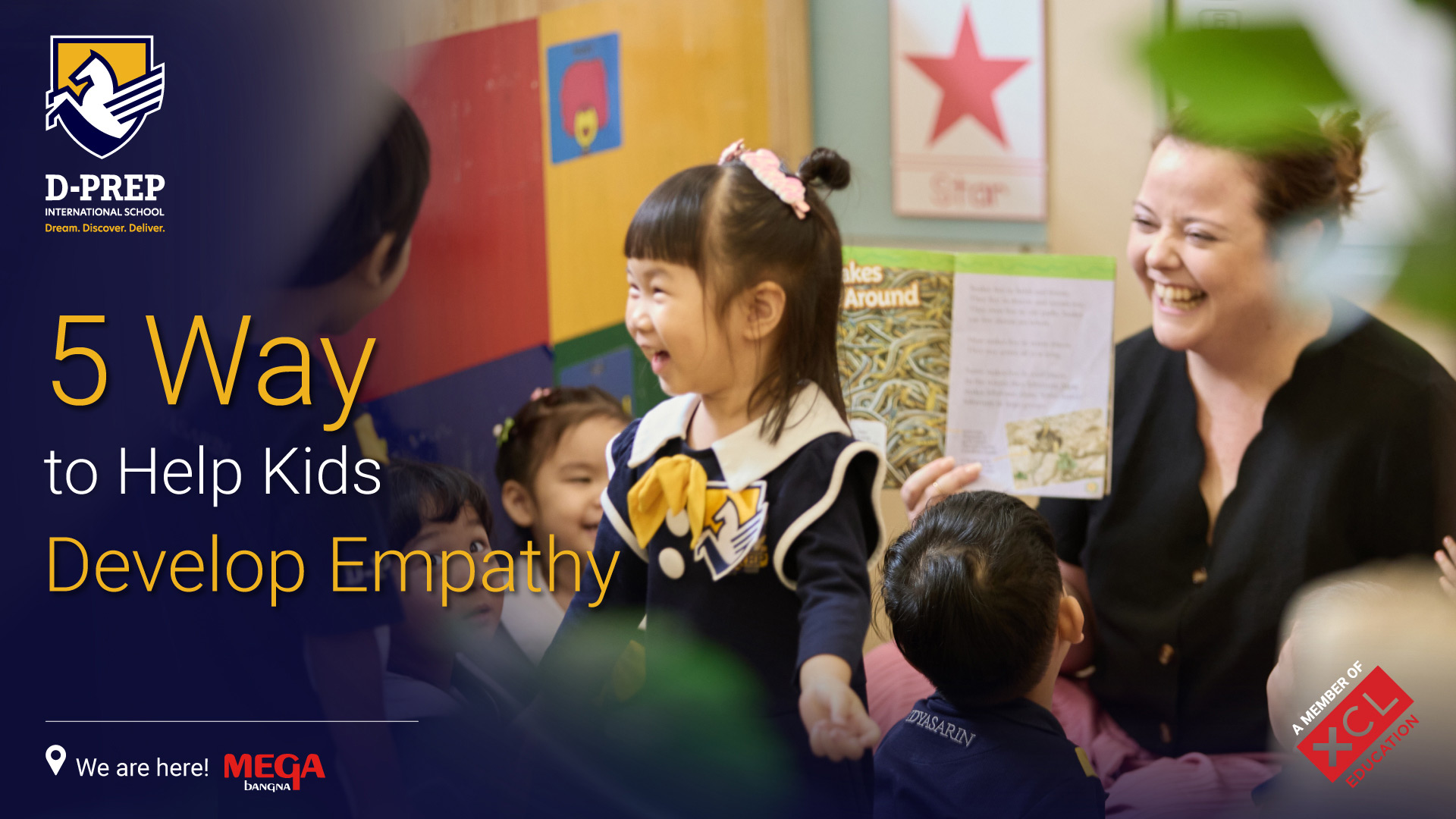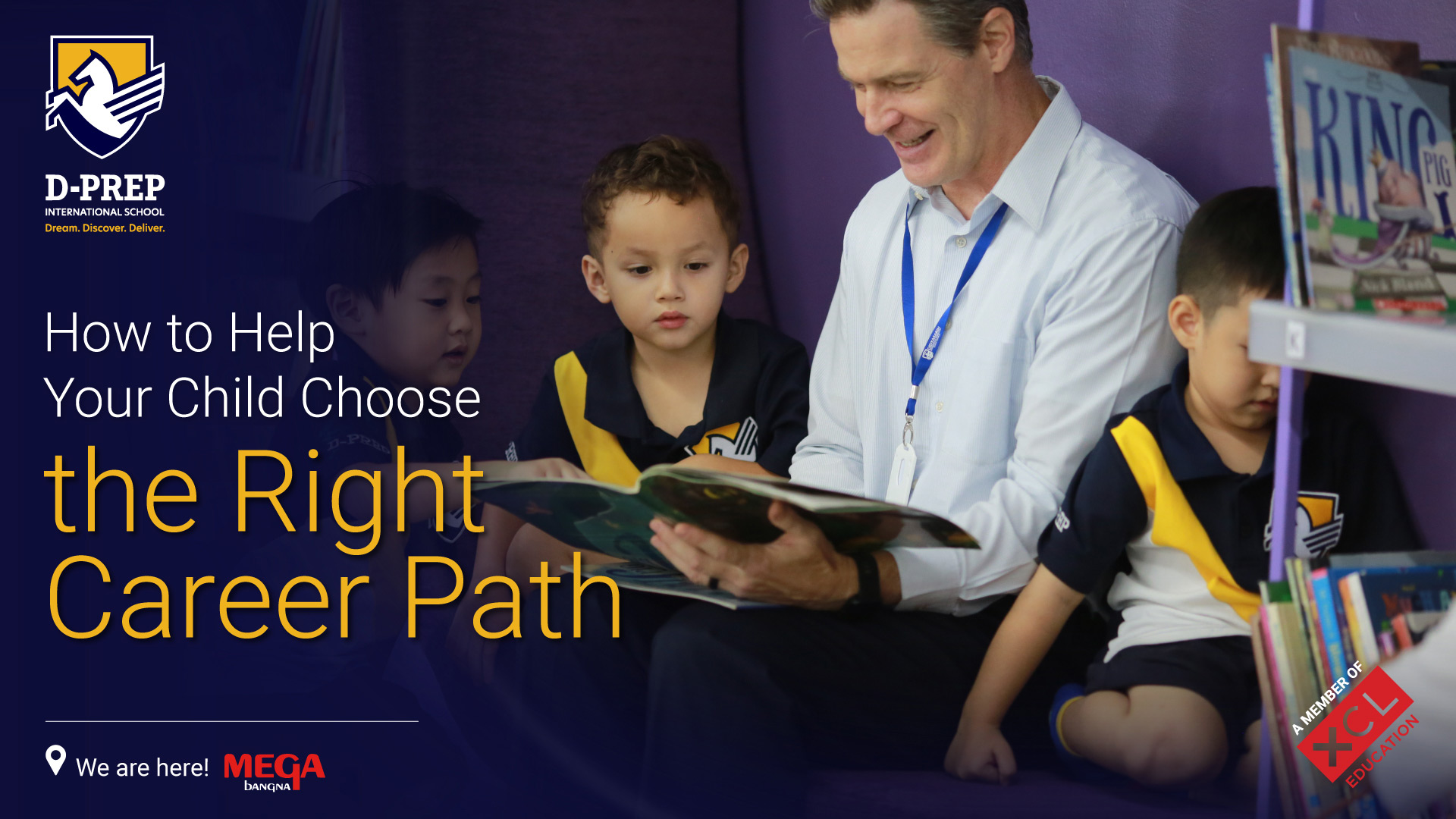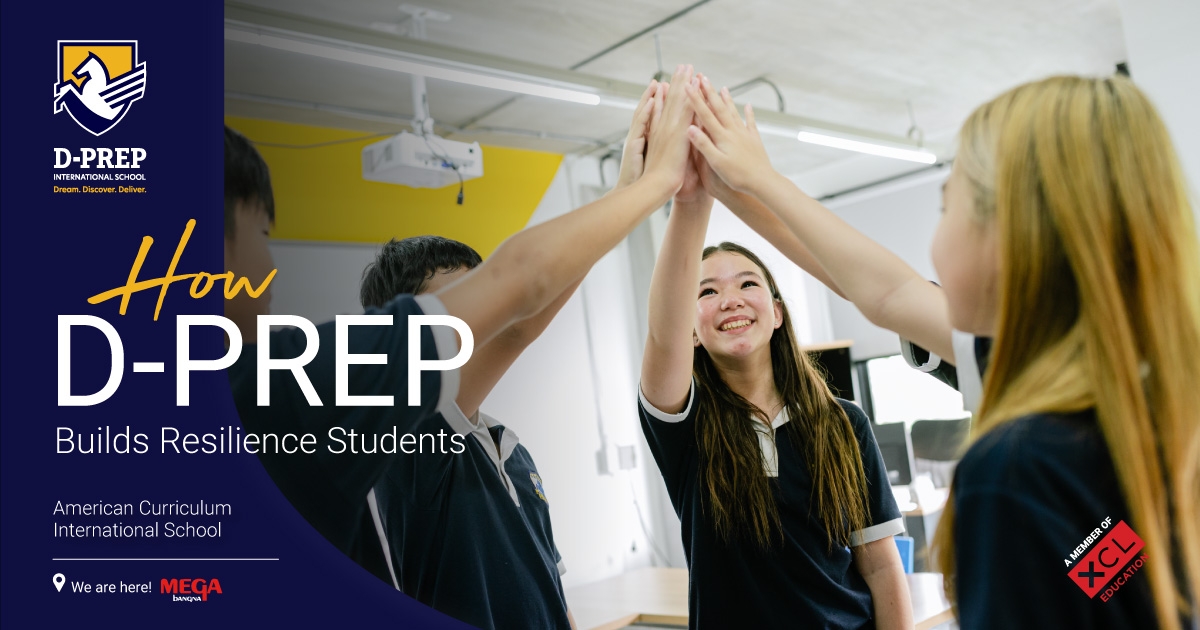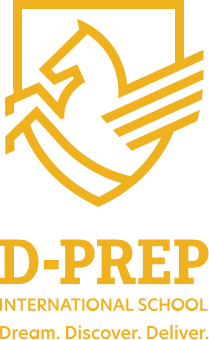Knowledge is power, but knowledge without application is useless. If I were to ask you about an unforgettable moment from school, chances are you’d talk about an exciting event or the times you had fun with your classmates instead of a boring lecture in the classroom. That’s because emotions heavily influence our long-term memories. Teachers use this psychological phenomenon in school by adding fun activities to class discussions. Other schools take this a step further by combining lessons with projects where students take what they learn and develop ways to help a community in need. This teaching method is Service Learning.
What is Service Learning?
Service Learning is a method of teaching that combines service, learning objectives, and deliberate reflection to expose students to real-life situations and societal needs. Service Learning differs from volunteering because it is academically based, allowing students to apply their classroom knowledge to a community project. This gives students an active learning opportunity which provides them with course credit and an opportunity to make a greater impact in their community.
What are the benefits of Service Learning?
Service Learning is an excellent teaching method because it benefits students and the community in need. Because both parties interact to solve a problem, they make real-world and emotional connections. Students also personally see the situation as it’s happening instead of watching it online or on TV.
School rankings encourage students to compete against one another. While some competition is healthy, it is still important to teach students the value of teamwork, and what better way to do this than to let them work on something where they have a shared commitment to the common good. In Service Learning, students work together and gain emotional satisfaction knowing they’ve contributed to a greater cause.
Lastly, Service Learning empowers students to speak up and take action. Because they personally have to understand the situation and come up with solutions, they learn to think critically and voice their opinions. Service learning combines academic learning with real-life application, encouraging holistic growth while ensuring students learn in a safe environment.
How is Service Learning practiced?
Different schools have different ways of conducting Service Learning, but it is generally applied in five easy steps:
1. Investigate
This step involves doing research and understanding the problems that your community is facing. Look into your current resources and how students can maximize them to help the community.
2. Prepare
In this step, students work with their classmates, teachers, and community to address the problems discovered. Students also prepare the necessary materials and brief the people helping out with the project.
3. Take action
There are many ways that students can help out a community. This could be a Direct Service or Indirect Service where students work behind the scenes, like organizing fundraising events. Two other ways that students can take action is through Advocacy, where they lend their voices, talents, and resources to raise awareness for a specific problem or do Research to fill a gap of information in the community.
4. Reflect
Reflection is a key factor in service learning. Once the students are done conducting the project, it’s best to reflect on the process and see where they did well or where they can improve next time. Reflection helps students reflect on the project, process their emotions, and understand what values they’ve learned.
5. Demonstrate
The last step, demonstration, is where students compile their process and discuss what they did. By sharing what they’ve learned, the students inspire others to create more projects to help those in need.
How does D-PREP International School implement Service Learning?

D-PREP International School is guided by different educational approaches from around the world. We are inspired by Expeditionary or Experiential Learning, where our students investigate real-world challenges and connect with professionals to produce solutions. Our students practice Service Learning through our Life Skills Framework. In the Life Skills Framework, students practice Active Citizenship, where they learn about real-world problems and partner with professionals to do projects that solve community problems.
Last year, our Middle School students researched the ocean and talked to professionals where they learned about coral reef extinction. To help save coral reefs, the students worked with professionals and made coral nurseries placed in Koh Kood.


Students from different grade levels will work together this academic year to actively help communities around the country. The Early Years students will make toys and donate goods to children in an orphanage in Bangkok. Our Middle School students, on the other hand, will create an NGO and work with D-PREP’s Student Council to learn and develop solutions for current community problems.

